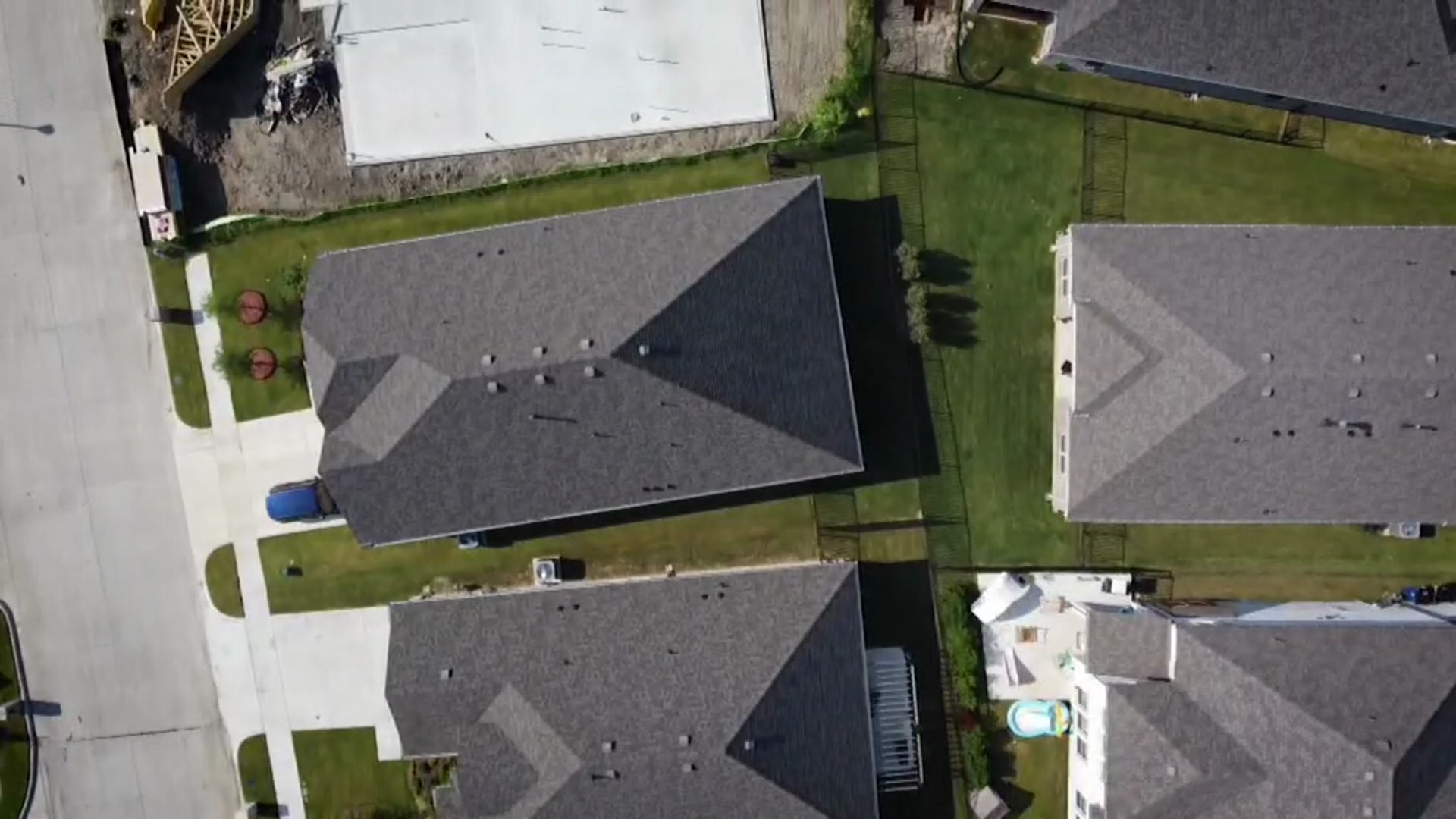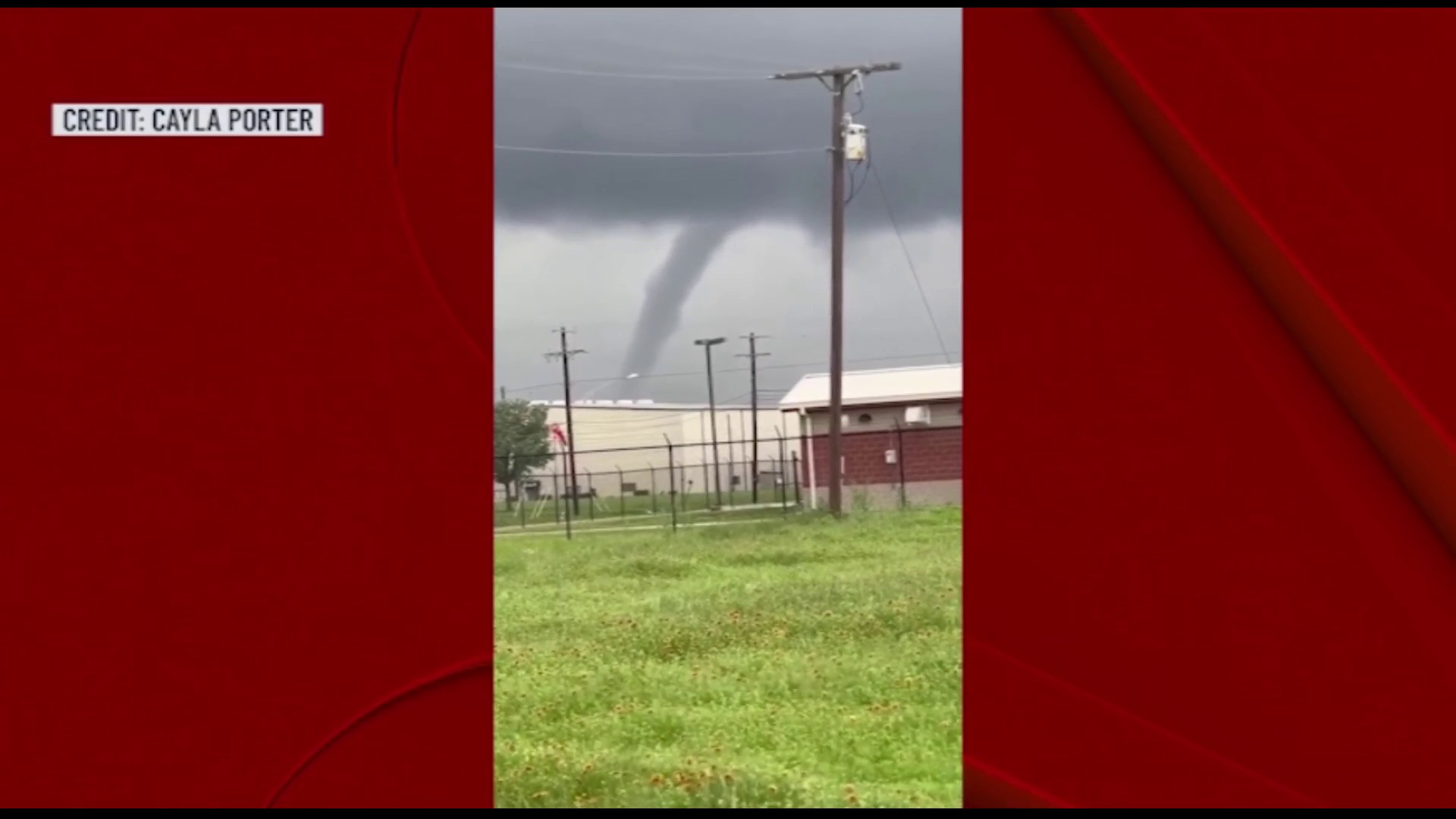Elizabeth Hilton, now retired, walked through the Dallas Fire-Rescue training facility where her firefighting career began in 1992.
"It all started here,” Hilton said. “It was an amazing start and an amazing ending."
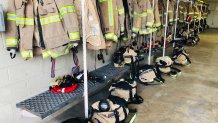
Hilton said it’s been a great job.
Get DFW local news, weather forecasts and entertainment stories to your inbox. Sign up for NBC DFW newsletters.
“I love this,” Hilton said. “I love the camaraderie. I love being out interacting with the community."
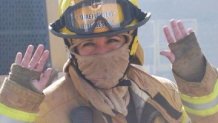
It wasn't an easy journey in the beginning.
Local
The latest news from around North Texas.
"I failed the first time,” Hilton said. “I'm going to keep it real I failed the first time. It was one of these days cold and rainy."
She couldn't give up though because of what a supervisor told her.
"If you make it through the academy, paramedic school and graduate you'll be the first Hispanic female firefighter in all of North Texas.”
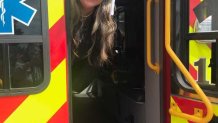
She did graduate. Hilton has since fought fires and more. Most importantly though she worked to bring in other young women and minorities to the department. But that has also had some challenges.
"I had numerous conversations like you know my family wouldn't do this,” Hilton said. “They wouldn't agree with it. I believe it was culture thing."
Hilton said after all these years it's hard to leave her work family.
She was signing pension papers the day of the southern Dallas apartment explosion that injured firefighters.
"It was coming in on my phone cause I'm on the team and I was like, I looked at my husband and I'm not going to lie I teared up and I said I need to sign these I got to go."
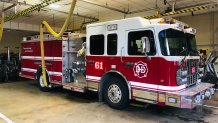
She won't be gearing up anymore. But, Hilton still wants to help first responders.
She is working on her masters in psychology to become a counselor to help out her firefighting family from the other side.
"To go through and say you know what I know where you are and I know where you've been,” Hilton said. “I get it. It's a little easier to have a conversation with somebody who understands where you've been."
It’s another challenging new service type of role she hopes to accomplish soon.

